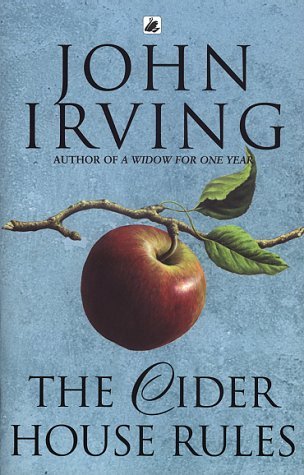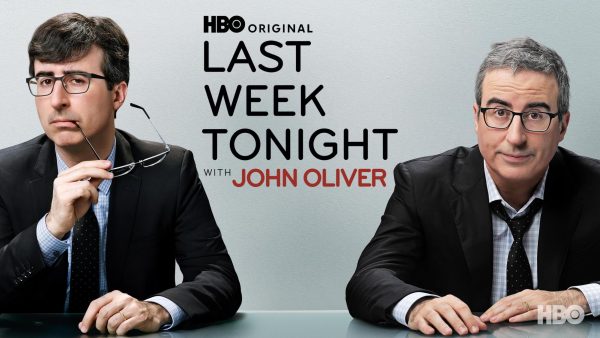‘The Cider House Rules’ argues for abortion rights through compelling characters
February 1, 2022

When orphan Homer Wells expresses unwillingness to perform abortions in “The Cider House Rules,” a novel by John Irving, obstetrician and abortionist Dr. Wilbur Larch questions how Homer feels no obligation to help women in need who can’t get abortions anywhere else.
As the United States Supreme Court is currently reviewing the legality of abortion, “The Cider House Rules” brings the topic of abortion to the forefront in a nuanced and complete manner through compelling and imaginative writing.
Mr. Irving discusses the importance of legalizing abortion and uses graphic examples that arise when women don’t have access to a safe abortion, such as severe illness and death. Mr. Irving writes, “That making abortion illegal was simply a sanctimonious, self-righteous form of violence against women — it was just another way of legalizing violence against women.” He portrays different perspectives on abortion through a character who believes women should have access to abortions yet refuses to carry out the procedure, and highlights the conflict that arises between characters as a result of varying viewpoints on the subject.
The landmark Supreme Court case of Roe v. Wade legalized abortion in the United States and gave women access to have the procedure done safely and without legal consequence. “The Cider House Rules” shows the reader the future struggles women might face depending on how the case currently under the threat of a new Supreme Court vote is decided.




















Steve Baumgartner • Jul 10, 2022 at 11:25 am
Dr Larch “meant that Homer should know something of society before he made the decision, by himself, whether to perform abortion or not.”
That is a direct quote from the book. My point is why are pro choice advocates not more conflicted about abortion. Seems Irving at least knows it is not a black or white decision?
Dan • Jun 24, 2022 at 8:23 pm
I wish our current Supreme Court would read some of Irving’s novels.
My interpretation of ‘Cider House Rules’ since reading it twenty years ago was to be wary of rules created by those not effected by their enforcement or by those who have never “worked or lived in the cider house.”
The reversal of Roe v. Wade exposes just how far removed this Supreme Court is from what matters — equality and protecting freedom of choice.